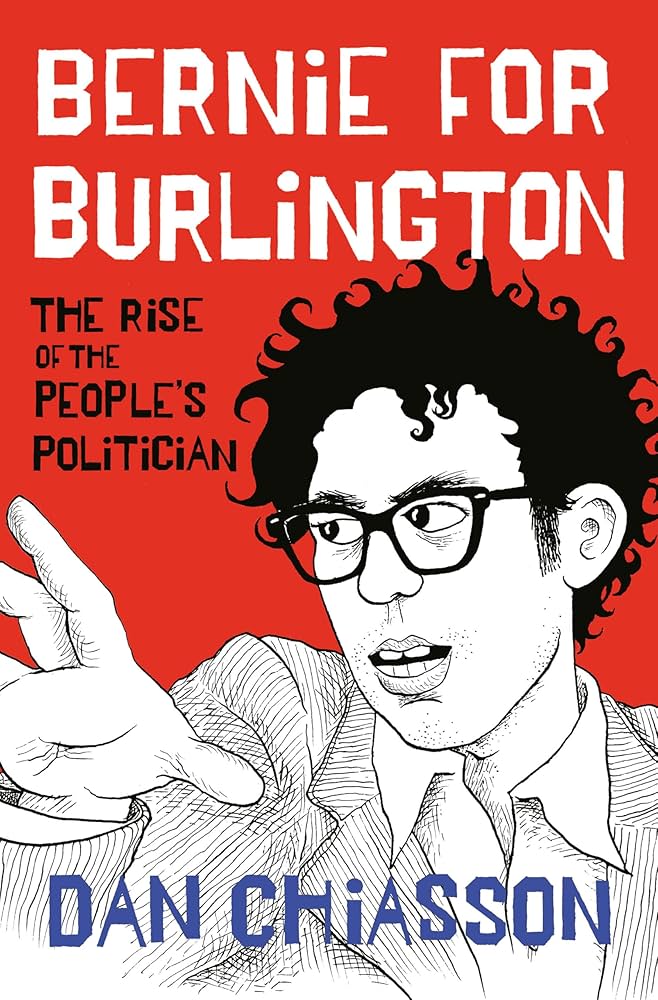By JULIA PIKE
I lived on Dread—
To Those who know
Emily Dickinson
In Emily Dickinson’s bedroom, a white house dress hangs on a headless mannequin in front of the tiny writing table where she penned 1,789 poems. We traipse through the rooms of the Homestead, where Emily was born and died, and the Evergreens, the home of her brother and sister-in-law. The houses are anachronistically air-conditioned to frigidity, despite the fact that it is a rainy, strangely cold June day outside. The interiors are unfamiliar, the Homestead white and floral-patterned, the Evergreens all faded grandeur, peeling wallpaper in dark jewel-tones, but I know the houses’ exteriors like my mother’s face.
I am at least four decades younger than everyone else on the tour. It’s summer 2018 and I’m a rising senior at Amherst College, here over the summer to work on my English thesis. I make a pilgrimage to Emily’s house (my first) because it feels like something I should have done by now.
My sophomore year, I lived in Marsh, a columned ex-frat house perched on the hill rising above the Emily Dickinson Museum’s grounds. Every morning I’d take the shortcut through the woods, crossing the Dickinsons’ lawn on my way to the dining hall for breakfast. Up in Emily’s bedroom during the tour, I realize that, from her writing desk, she could look out across the lawn and, if time were to loop itself, she would have seen me. I imagine Emily—white-clad, bemused, disapproving—watching as I splash through the lawn on rainy days with my backpack overfull, as I emerge from the path with a pack of friends, my legs scratched from navigating the spring brambles. I imagine her at her window, my ghostly patron saint watching from afar as I descend into dread. She watches as I pick at my fingers on the days when it’s sixty degrees in February, when my cuticles bleed and the line appears between my eyebrows that my mother warns me will stay forever if I’m not careful.
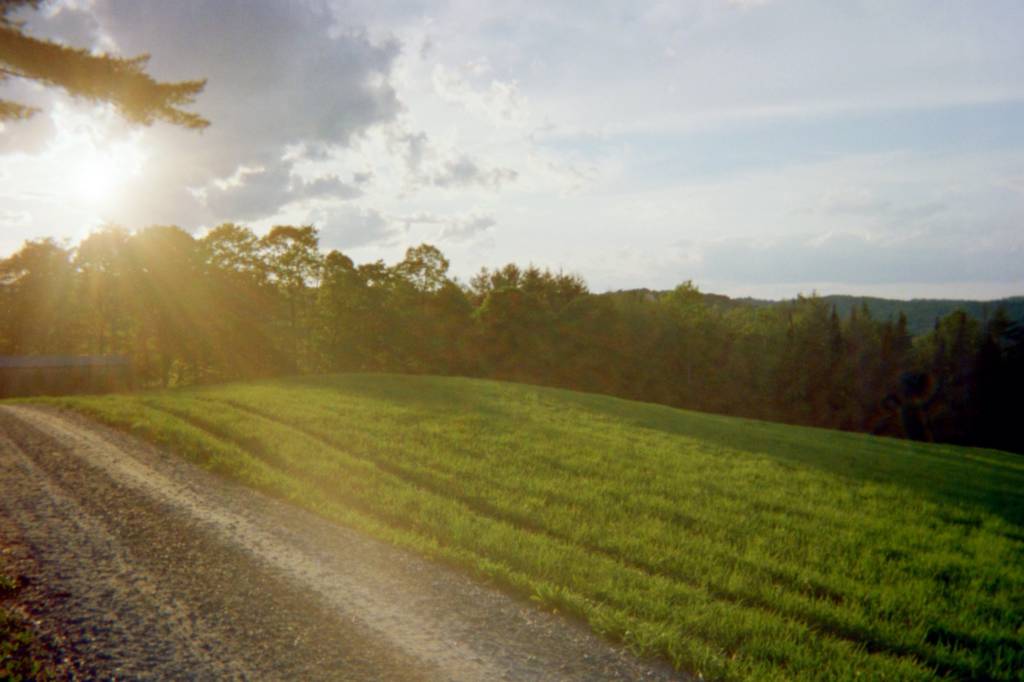
I think about how dread is threaded into my bones. My grandfather spent years in the Seattle mist folding in on himself, growing quieter and thinner, aware every day of Mount Rainier in the distance.
“It looms,” he told my mother.
To my grandmother, Seattle was the salt of Puget Sound on the wind. It was the market with the same name as our family. Rainier was “her mountain,” visible whenever she looked up and out.
The peak in the distance, greeting, cloud-piercing: a constant glacial backdrop as my grandfather descended into a depression that would take years to lift.
These days, I’m afraid of everything—the rains that come too quickly, tropical in their intensity even here in the Northeast, the sticky October days, a gift and a warning all at once. I think back to the start of my nineteenth year, of the fading I felt during my own descent. That year, my first Massachusetts winter, January oozed into February and I stopped wanting to look out the window. I forgot to notice how the sun washed the sky pastel as it rose, noticing only the way it faded the mountains to bruise-colors as it set. The things that used to make me happy no longer stuck, moments of beauty slipping off my psyche like pearls of water off a duck’s back. The darkness made me weepy and ineffectual, and a fog settled in me that would stick around until August, lifting just as my sophomore year began.
I inherited my grandfather’s sadness, his love of drawing, his long limbs. His awareness of all the things beyond his control, the things that loomed.
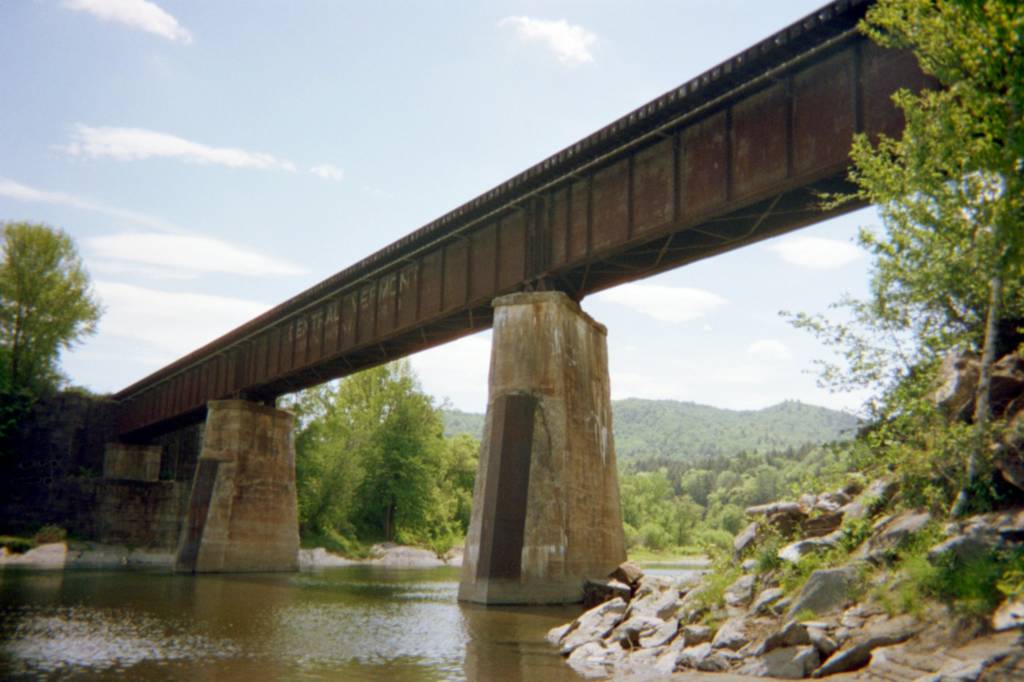
I spend this summer—my last as an undergraduate—working on my creative writing thesis, a speculative fiction novella about a school in Vermont for teenagers displaced by climate change. In my head, New York City is a waterlogged post-flood wasteland, the California coast a smoking crumble, the space in between a conflagration.
I read Lauren Groff’s short story collection Florida, a sensible move for my thesis research and a huge emotional miscalculation. I devour the book in three days and then cannot stop thinking about it. I go for runs every afternoon in a desperate attempt to get out of my head and into my body, but it does little good. Florida follows me onto the Rail Trail, where the snakes so omnipresent in the book sun themselves on the hot asphalt of the paths. One afternoon a man stops me mid-run to tell me that he just biked passed a bear. I keep running—black bears are more scared of you than you are of them, I’ve been told—but I can’t stop thinking of the mother in “The Midnight Zone,” concussed and caring for her two sons as a panther (maybe real, maybe imagined) circles their cabin.
The catastrophes of my summer are quieter—a heat wave in early July where temperatures soar to the upper nineties for a week, an infestation of moths that flutter too close and then die over the span of a few days, leaving a snow of winged corpses blanketing campus—but with Florida as my backdrop every sign of climate change around me feels deafening. Fighting my way to the dining hall through the thick, hot air, I have the urge to shake every happy person I walk by and scream “Don’t you know what’s happening?” in their faces until their smiles crack and fade. All summer, dread lingers in the back of my throat even as wildflowers bloom, radiant, behind my dorm and goldfinches spurt through the sky.
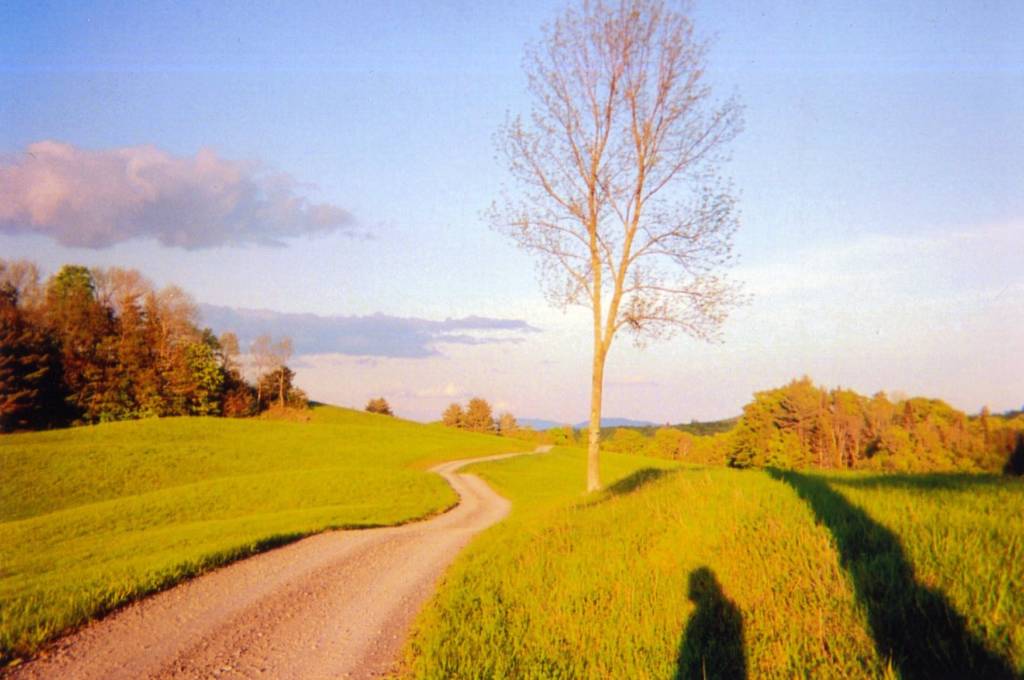
Across the road from Marsh, on the same hill (what is it about that hill, its soil, its water?), is Tyler, the dorm where David Foster Wallace lived for a time while he was at Amherst. It is also where my parents met in 1985 (this campus a topographical map, histories thickly layered; Groff was a student here, too).
Wallace has become, in the years since his death, the hero of a certain kind of literary guy, one who likes the heft and clout of a book like Infinite Jest (see ‘Why I’m Waiting for the Right Man to Tell Me I Should Read Infinite Jest,’ an article on the feminist satire site Reductress), but likely glosses over the book’s vulnerability. Shorn of this unfortunate association, though, Wallace was a writer preoccupied with various forms of self-abuse—addiction, obsession, intentional and unintentional melancholy—and the ways we indulge or distract ourselves from them.
“We are all dying to give our lives away to something, maybe,” the narrator muses in Infinite Jest. “God or Satan, politics or grammar, topology or philately – the object seemed incidental to this will to give ourselves away, utterly. To games or needles, to some other person.”
I try to parse this. I have given myself fully to my project, immersing myself in dread, perhaps in an attempt to channel it somewhere useful, but find that it infects everything. I can’t sleep at night and wake up heavy and slow, and I worry that I’ve given up too young, wasted what were supposed to be carefree years by diving in and swimming down deep. But what is the rational alternative? When I’m enmeshed in it, this dread feels entirely reasonable—necessary, even.
June and July stretch open before me, and so I try to build a schedule for myself. I wake up and read for an hour, then I write until lunch, where I read again, alone at an upstairs table of the dining hall. After lunch, I write until my eyes buzz from the glare of my laptop screen and a headache appears right at the front of my forehead. I plunge fully into the project, reading Kazuo Ishiguro’s Never Let Me Go, poring over studies about all the trees that will disappear from the Northeast, filling my whole self up with dread.
Then, I pull away from it, try to swim up through my layers of fear. I start on my carefully curated list of distractions. I run, then eat dinner with friends, my mouth slow to catch up to my thoughts after a day spent entirely alone. I watch terrible television, sidetrack my mind with teenage magicians or doe-eyed waitresses. I stay up late talking to a friend night after night and am surprised to realize, one morning, that I’m completely in love with him.
The dread is there for all of this like a sunburn, rendering everything that should be fun vaguely painful. The silly plights of the characters in the shows I watch feel weightier, their sadnesses connected to a larger, universal sadness that I cannot seem to escape. I twist myself in unnecessary knots about my budding relationship, certain that if I let myself go all in it, like everything else, will end in fire and flood.
I try to tell myself to snap out of it, to wipe the good things free of heaviness but find that I can’t. I wish that this dread felt like some sort of adolescent angst that I could enjoy wallowing in, but it does not. Willful distraction, generations-old, is the root of this larger problem of climate change in the first place, and so my capacity to emotionally experience the depth of the problem has begun to feel like a necessary burden, my cross to bear.
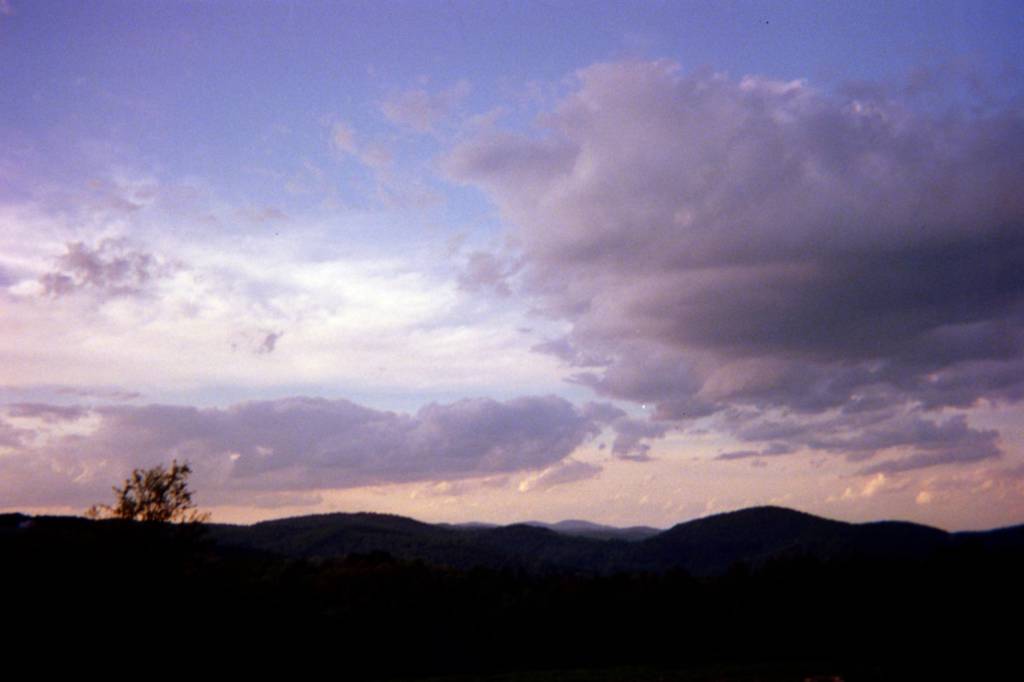
My time here is ghostly as I cruise toward my senior year, everything steeped in nostalgia even as it happens. The proximity of the end of college crystallizes moments, throws everything beautiful into a sharp and tragic relief. My friends and I circle back to the places we have loved and neglected. We make endless trips to the pond nearby, ignoring the No Trespassing signs and swimming to the opposite bank to hurl ourselves from a high rock and back into the pond’s waiting arms. We make pilgrimages to the bookshop-café perched at the edge of an old mill, where the river laughs outside the sun-dappled windows, and to the ice cream shop attached to a farm, where chickens run underneath the metal picnic tables.
The future, right now, is a great icy precipice.
“I want to be a writer,” I’ve started telling people.
But all the things I hope to be—writer, friend, mother, creator—necessitate a plausible, imaginable future, and I am haunted by the fact that a human future is fundamentally endangered. The Amherst writers I look up to so very much are all people defined, in some way, by their ghosts—Groff a mother preoccupied with climate change, Dickinson (the Myth of Amherst, they called her) a ghostly figure captivated by death and disaster, Wallace a misanthrope fascinated by the ways we distract ourselves from heaviness, and I find myself wondering whether I, too, can find some way to turn this dread into something beautiful, or whether it will engulf me.
I am twenty-one, still largely unformed, one member of a generation growing up amidst a low buzz of grief over the losses that loom. Many of us aren’t yet aware of this grief, just of the danger, the fear of wildfires, hurricanes, droughts, but it’s there inside us all the same, the ache growing stronger every time the rains come faster, the springs sooner, than they did before. All of it is twisted up inside me—the fear of leaving this place I love so much, where I wrote and loved and ran and swam, combined with a fear of the future that is appropriate to this stage in my life, and a fear of the future that feels singular to my generation. I live on dread. It both feeds and consumes me.
Julia Pike is the Thomas E. Wood ’61 Fellow at The Common. She is a senior English major at Amherst College. Her work has also appeared in Rookie, The Molotov Cocktail, and Two Thirds North.
All photos by the author.


